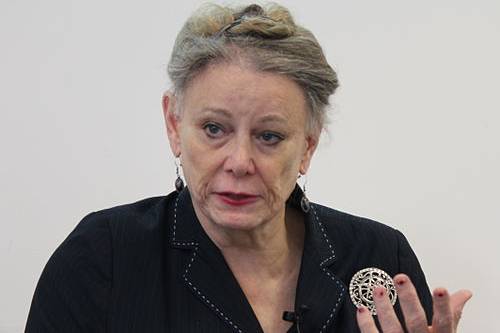Table of Contents
Who is Deirdre McCloskey?
Deirdre Nansen McCloskey, born as Donald N. McCloskey on September 11, 1942, is a respected American economist and academic. She has been affiliated with the University of Illinois at Chicago since 2000, where she holds multiple roles as a professor of economics, history, English, and communication. In addition to these roles, McCloskey is an adjunct professor of philosophy and classics at the same university and has also spent five years as a visiting professor of philosophy at Erasmus University in Rotterdam. McCloskey’s academic achievements have been recognized with six honorary doctorates since October 2007. In 2013, she was also the recipient of the Julian L. award.
What made Deirdre McCloskey famous?
The rise to fame of McGregor, who underwent gender reassignment surgery in her 60s, was marked by both personal and professional achievements. She embarked on a transformative journey following a personal crisis in 2011, a decision that ultimately led to the dissolution of her marriage in 2016. Despite the personal challenges, McGregor’s professional life flourished. She began her career in the Australian Army in 1974, serving in various roles and graduating with a Bachelor of Arts (Honours) in 1977. Her writing talents led her to become a respected cricket writer and commentator for The Spectator, The Australian, and the Australian Financial Review. Her book, An Indian Summer of Cricket, published in 2012, was praised by then federal Leader of the Opposition, Tony Abbott, as a remarkable sports metaphor for life.
Is Deirdre McCloskey trans?
McDonald gained widespread recognition following her release from prison in January 2014, after serving 19 months. Her story caught the attention of numerous media outlets, including a profile in Rolling Stone and a place on Advocate’s annual “40 Under 40” list. Her experiences were further brought to light through “FREE CeCe,” a documentary produced by Laverne Cox. The film delves into the attack on McDonald and her friends, her subsequent imprisonment, and the broader issue of violence faced by trans women of color. Adding to her accolades, McDonald was also the recipient of the Bayard Rustin Civil Rights Award by the Harvey Milk LGBT Democratic Club in August 2014.


